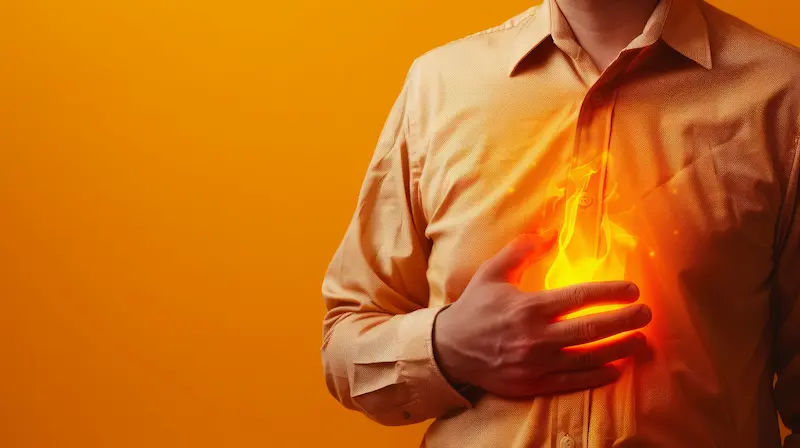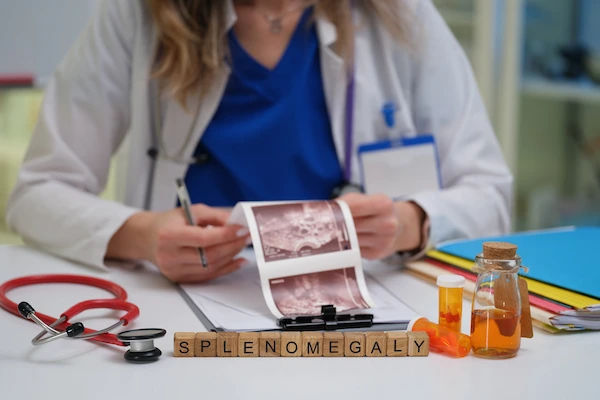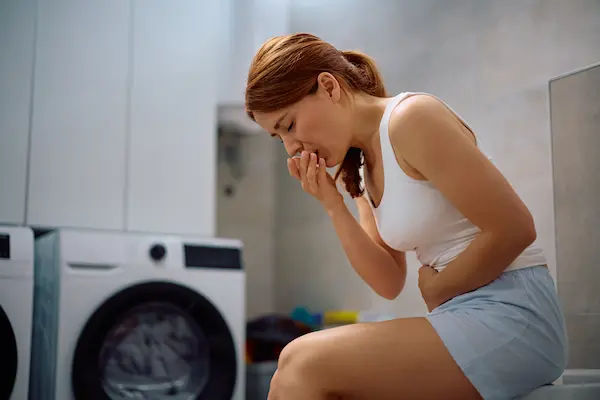- male
- 30 Years
- 29/01/2025
I've been dealing with some bilirubin level issues and it's got me a bit worried. So, around 40 days ago, my bilirubin was at 2.27 and my doctor put me on Udiliv 300mg for 10 days. Thankfully, all the HAV, HCV, and HBs tests came back negative. After a week of the meds, my levels dropped to 1.4, which was great. I kept taking the meds till September 8th and followed a strict diet. But when I checked again on September 18th, the bilirubin jumped back up to 2.6, even though everything else like SGOT, SGPT, protein levels were fine. Then, on October 4th, it increased again to 2.83. I'm really puzzled about what's causing this. Could you shed some light on why my bilirubin keeps rising like this?
Answered by 1 Apollo Doctors
The cause of the fluctuating bilirubin levels despite taking Udiliv 300mg and following a strict diet could be due to various reasons. It is important to consider factors such as medication adherence, underlying liver conditions, diet, lifestyle habits, and other possible causes of elevated bilirubin levels. It is good that your SGOT, SGPT, and protein levels are normal, indicating that there may not be significant liver damage. However, the rising bilirubin levels suggest ongoing liver stress or dysfunction. One possible reason for the increase in bilirubin levels could be a recurrence of the underlying liver condition that was initially treated with Udiliv. It is also important to consider other liver function tests, imaging studies, and possibly a liver biopsy to further evaluate the cause of the elevated bilirubin levels. In this case, it would be advisable to follow up with your doctor for a comprehensive evaluation and further management.
Dr. Shubham Suggests...
Consult a Gastroenterology/gi Medicine Specialist
Answered 04/07/2025
0
0

More Gastroenterology/GI medicine Health Queries
View allI'm really worried about my dad, he's 54 and has been dealing with a fatty liver and jaundice for about a month now. I noticed that his SGOT level is 65. Do you think he can safely take Ecosprin tablets with these conditions? I'm just trying to figure out what's best for him.
Your father should not take Ecosprin tablet as it can worsen his liver condition. Instead, he can take Ursodeoxycholic acid (UDCA) at a dosage of 300mg to help improve his liver function and reduce the symptoms of jaundice. Additionally, he can take Vitamin E supplements to support his liver health. It is important for him to follow up with his doctor regularly for monitoring and management of his fatty liver disease.
Answered by 1 Apollo Doctors
So, I've been dealing with jaundice for about a week now. My eyes are starting to look less yellow, which is a relief. But I'm still pretty unsure about what foods I should be sticking to or avoiding right now. I'm especially curious if it's okay to eat green chillies while I'm recovering. Could they cause any problems or side effects?
no it should be avoided during jaundice
Answered by 1 Apollo Doctors
My dad is 50 and has a 16mm gallstone. Can it be treated without surgery or does he need an operation?
A 16mm gallstone may require surgery, especially if it's causing symptoms or complications. However, nonsurgical options are sometimes available, depending on the individual's health and the specific situation. Surgery, like laparoscopic cholecystectomy, is often the preferred treatment for gallstones, but non-surgical methods like medications or shock wave lithotripsy may be considered in certain cases
Answered by 1 Apollo Doctors
Disclaimer: Answers on Apollo 247 are not intended to replace your doctor advice. Always seek help of a professional doctor in case of an medical emergency or ailment.





